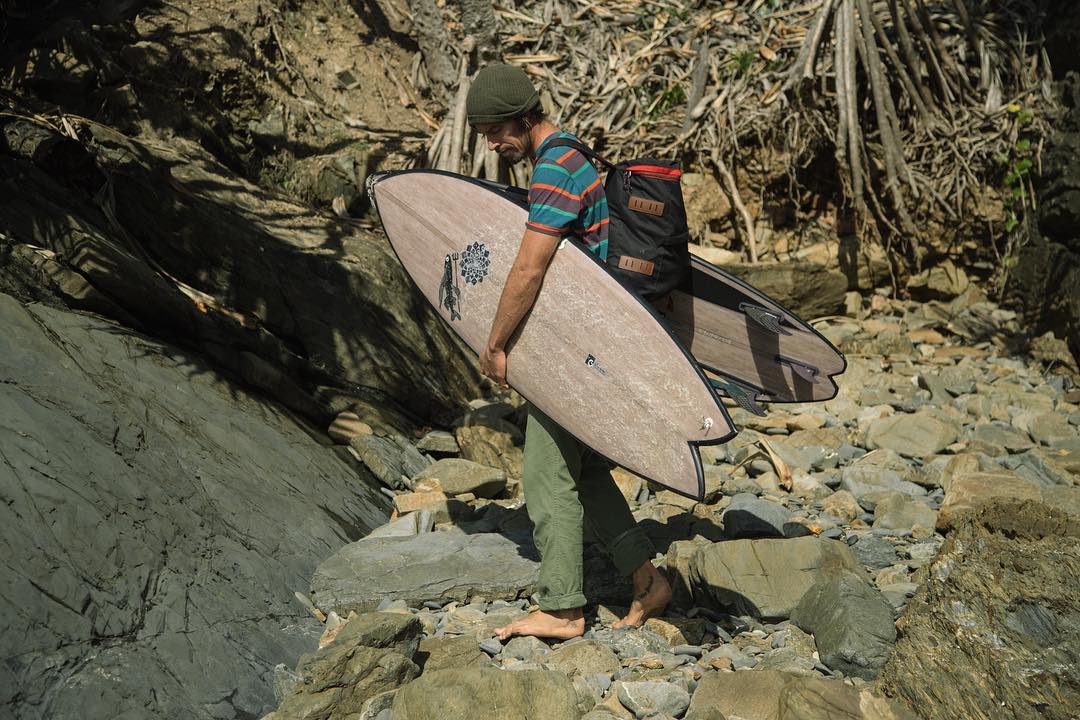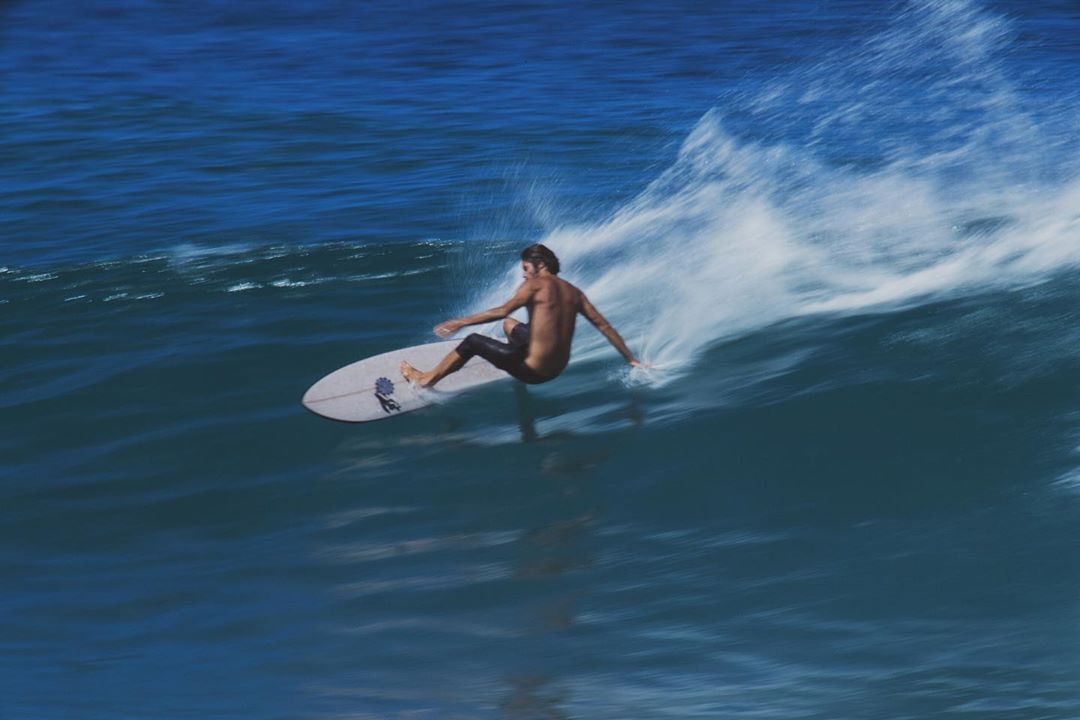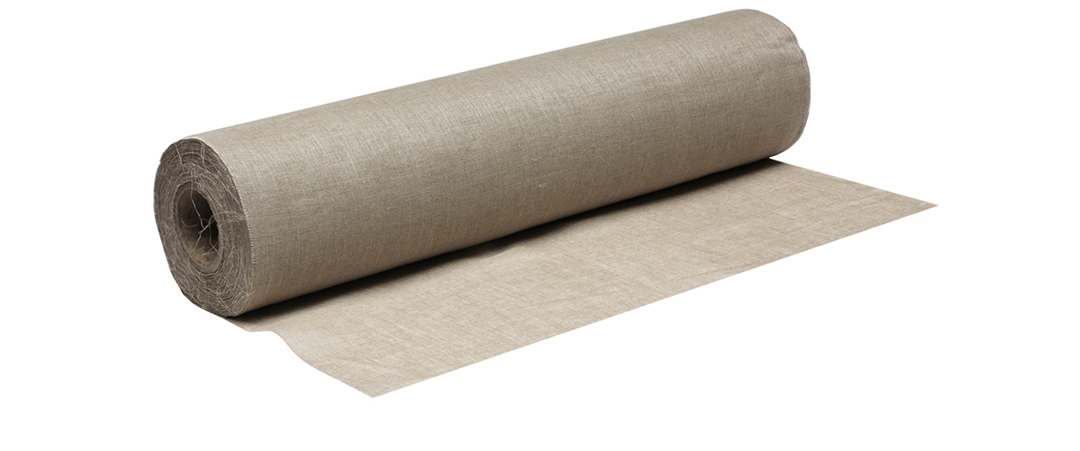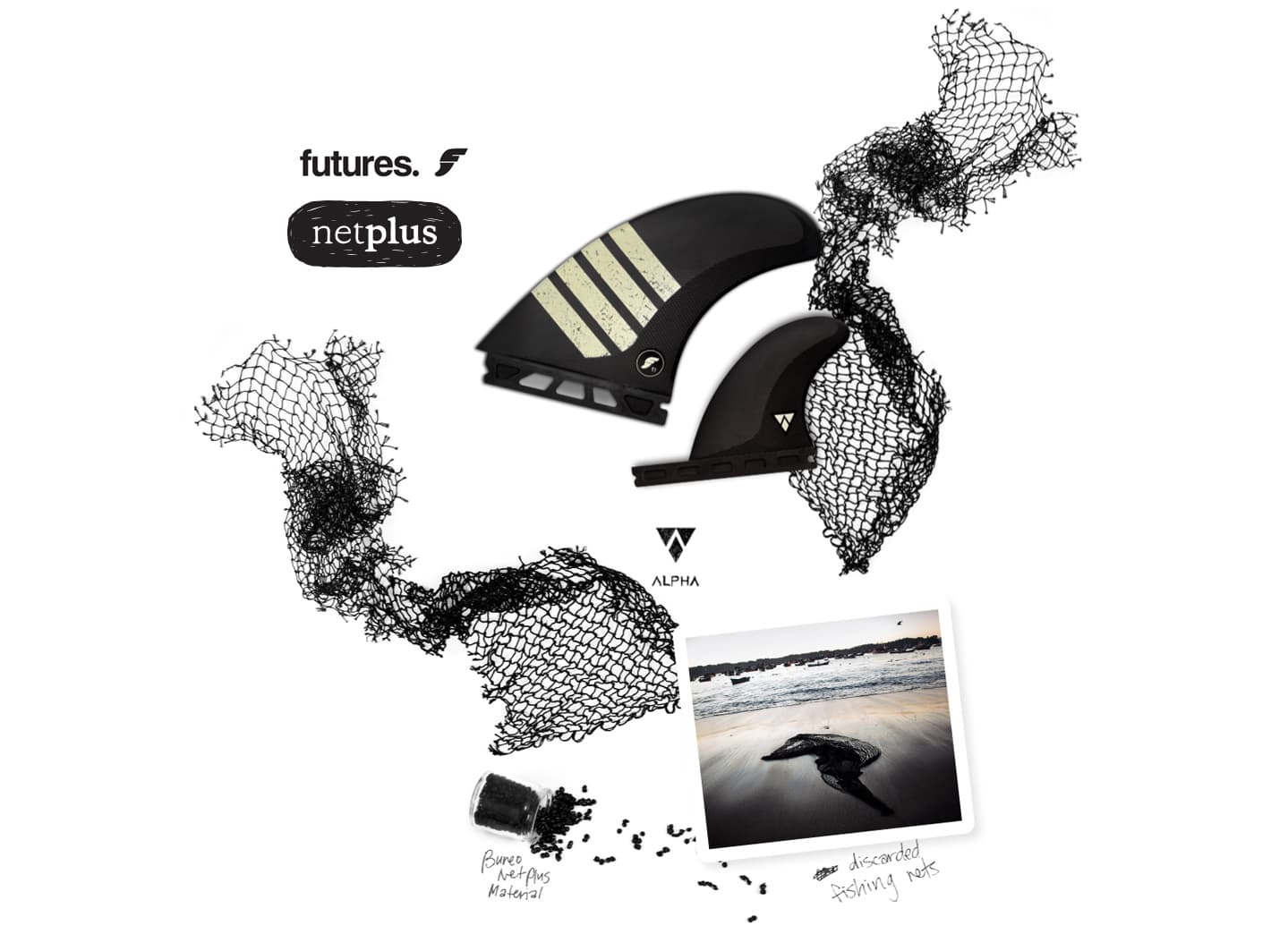Sustainability
With the environmental effects of pollution about to
reach this planet's breaking point, now is a better time than ever to consider your choices for more
sustainable options. Thankfully there are efforts from within our industry that are setting a
worldwide example of the kind of simple change that can make a big difference. Here at Boardcave we are
backing these notions by promoting brand's efforts to be more renewable in their product manufacturing
process in hope that others will follow their example.


 Professional Surfer and Environmental Activist Dave
Rastovich with his signature Gary McNeill Concepts Torus Twin and Torus Drive in Flax Cloth and Bio Resin
Construction.
Professional Surfer and Environmental Activist Dave
Rastovich with his signature Gary McNeill Concepts Torus Twin and Torus Drive in Flax Cloth and Bio Resin
Construction.

Flax Fibre Cloth, used as a fibreglass alternative, is a 100% natural and renewable product derived from the stalks of the flax plant. It has proven to be a winner amongst other fibreglass alternatives due to it’s durable natural fibres that flex and absorb vibrations. Not only does this dynamic material lend itself perfectly to the performance needs of a Surfboard, but it looks great too.
Finally, the use of Bio Resin is used to laminate the cloth. Unlike regular surfboard resin, Bio Resin is extracted in majority from plant and vegetable origins rather than chemicals like acetone. They emit most 0 VOC’s (Volatile organic compounds) in the air compared to their highly toxic PU/PE cousins making it less toxic to produce and work with given the right precautions are taken.
Old habits die hard in the surfboard industry which is why, despite its inevitable destination of landfill, polyurethane foam is still the most popular surfboard construction. What makes it the most popular? For professional surfers it has said to have a more consistent feel which they rely on when competing. For Shapers, it most likely comes down to supply and demand. As surfers ourselves all we can do is consider our options and order boards to last.
Check out the range of Boardcave curated sustainable surfboards and accessories below and get in contact via chat if you require any more help making sustainable choices.


Sustainable Surfboards
If you are looking for sustainable surfboard choices on Boardcave, look no further than those utilising a Flax Construction. This construction starts with Marko EPS Enviro-Foam, a blank that is made with 25% recycled EPS regrinds and surfboards scraps. Unlike standard PU foam, EPS can be recycled making it the obvious choice for conscious consumers. This recycled EPS foam is considered to be even stronger than standard EPS due to the tighter fusion between the foam beads. You will find this foam in the core of all sustainable surfboard constructions including those encased in wood (timbertech). To learn more about the pros and cons of PU or EPS, check out PU or EPS: Which one is best?


Flax Fibre Cloth, used as a fibreglass alternative, is a 100% natural and renewable product derived from the stalks of the flax plant. It has proven to be a winner amongst other fibreglass alternatives due to it’s durable natural fibres that flex and absorb vibrations. Not only does this dynamic material lend itself perfectly to the performance needs of a Surfboard, but it looks great too.
Finally, the use of Bio Resin is used to laminate the cloth. Unlike regular surfboard resin, Bio Resin is extracted in majority from plant and vegetable origins rather than chemicals like acetone. They emit most 0 VOC’s (Volatile organic compounds) in the air compared to their highly toxic PU/PE cousins making it less toxic to produce and work with given the right precautions are taken.
Old habits die hard in the surfboard industry which is why, despite its inevitable destination of landfill, polyurethane foam is still the most popular surfboard construction. What makes it the most popular? For professional surfers it has said to have a more consistent feel which they rely on when competing. For Shapers, it most likely comes down to supply and demand. As surfers ourselves all we can do is consider our options and order boards to last.
Check out the range of Boardcave curated sustainable surfboards and accessories below and get in contact via chat if you require any more help making sustainable choices.
Sustainable Accessories
The good thing about fins is that they are a lot more durable than surfboards. If you take care of them, one set could potentially last you a lifetime. The team at Futures have gone one step further by partnering with Netplus to offer a program that is recycling fishing nets into a material that can be used to manufacture a broad range of products. According to Netplus, discarded fishing gear accounts for an estimated 10% of the ocean's plastic pollution and their aim is to reduce this. The Alpha series fins by Futures and Netplus are incredibly lightweight and great for high performance surfing; view our range below.Popular Sustainable Products
Shop All Sustainable Products
© Copyright 2010 - 2024 - Boardcave ~ The Surfers Store. Aspects of this portal are patented, patent-pending, or patent-applied-for. - Powered by Cavewire: 








